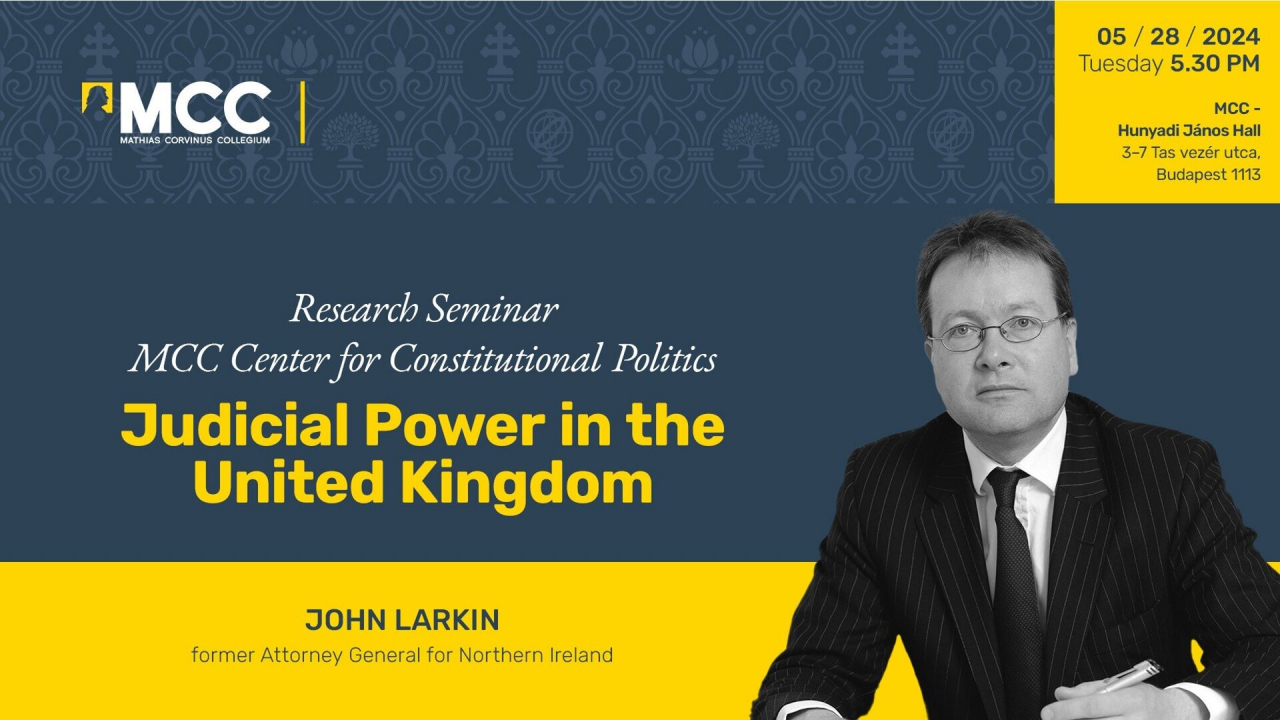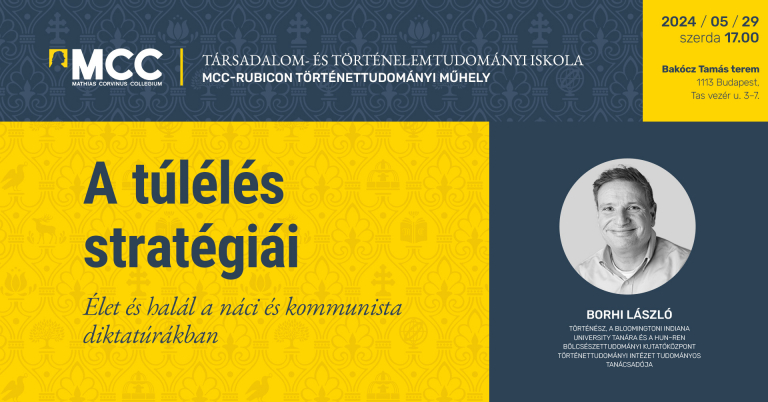Judicial power in the United Kingdom represents the authority vested in the courts to interpret and apply the law, adjudicate legal disputes, and ensure justice within the country. Understanding the role of judicial power is fundamental to grasping the checks and balances that maintain the UK's democratic integrity and safeguard against abuse of authority. For centuries the House of Lords was the supreme court of appeal on points of law for the whole of the UK in civil cases and for England, Wales and Northern Ireland in criminal cases. This was an unusual role for a legislative body: in most other Parliaments the judiciary is separate from the legislature (another term for Parliament). From 1 October 2009 the judicial powers of the House of Lords transferred to the new and separate Supreme Court of the United Kingdom. John Larkin's lecture will address the changes and challenges this transformation of the judicial power evoked in the UK.
John Larkin KC is former Attorney General for Northern Ireland. He studied law at Queen's University Belfast and afterwards he was called to the Bar of Northern Ireland and practised as a barrister. In 1989, he was appointed as Reid Professor of Criminal Law, Criminology and Penal Law at Trinity College Dublin. In the 1990s he resumed fulltime practice at the Northern Ireland Bar where he specialised in constitutional and administrative law, civil liberties and human rights. He was appointed Queen’s Counsel in 2001 and for the ten years before his appointment as Attorney General for Northern Ireland his practice had been mainly in Constitutional and Administrative Law and Human Rights.
Research Seminar Series
- Martin Loughlin (London School of Economics): Against Constitutionalism
- Nigel Biggar (Univeristy of Oxford): What’s Wrong with Rights?
- John Wyatt (Faraday Institute Cambridge): Right To Die?
- Michael Freeden (University of Oxford): Concealed Silences and Inaudible Voices in Political Thinking
- Asanga Welikala (University of Edinburgh): The Common Good and Comparative Constitutional Laws
-----------------------------------------
MCC students can get credit for active participation at the event, but only if they read the compulsory reading and prepare three questions for the Q&A section of the research seminar.



